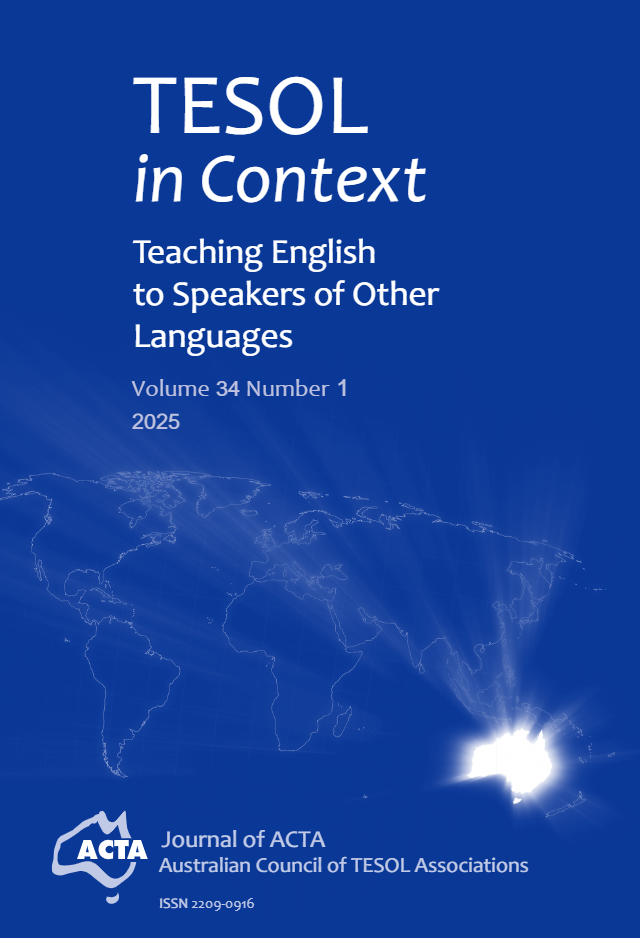Investment in English language learning by adult Iranians
DOI:
https://doi.org/10.21153/tesol2025vol34no1art2162Keywords:
Education language policy, English language learning, Investment, Globalisation of English, Imagined communityAbstract
This paper investigates how Iranian learners invest in English language education amid various cultural and societal influences. Recently, Iranian authorities have expressed concern about the impact of English on society and culture. The first author interviewed eight adult learners in Iran to explore their perceptions of learners’ investment in English language learning, drawing on Darvin and Norton’s (2016) model. The findings reveal a complex interplay between local and global factors affecting language learning and identity formation. Despite government policies aimed at preserving traditional values, learners express personal and societal benefits from acquiring English. The research highlights that learners’ motivations stem more from this interplay of benefits, rather than just globalisation, which Iranian authorities often view as a threat. This underscores the resilience of Iranian learners as they navigate their linguistic and cultural identities, demonstrating that they see English not only as a foreign language but as a tool for personal and societal advancement. This study contributes to the understanding of how Iranian learners navigate and invest in English language education, shedding light on the cultural and societal factors that shape their perceptions and motivations.
Metrics
Downloads
Published
Issue
Section
License
Copyright (c) 2025 TESOL in Context

This work is licensed under a Creative Commons Attribution-ShareAlike 4.0 International License.






